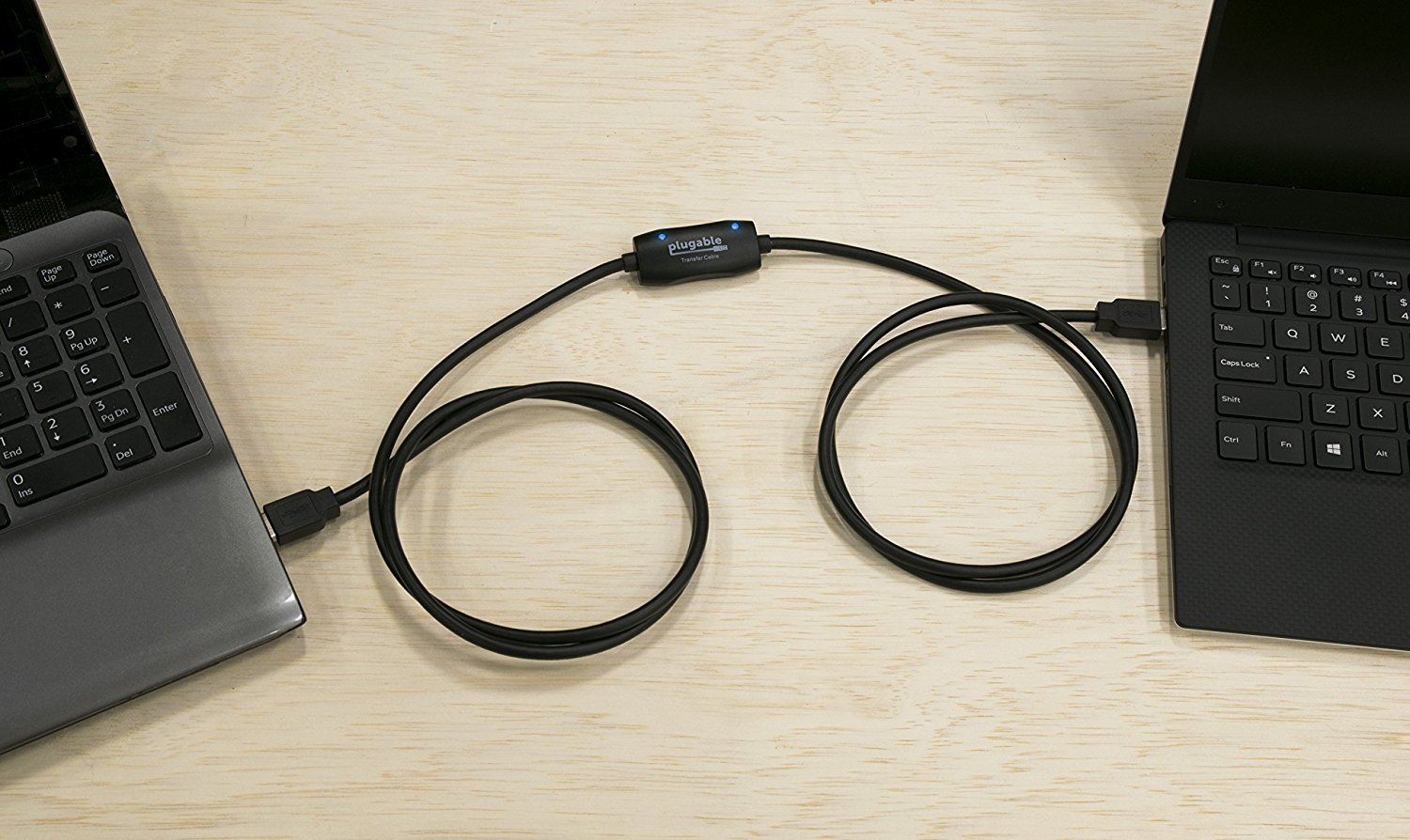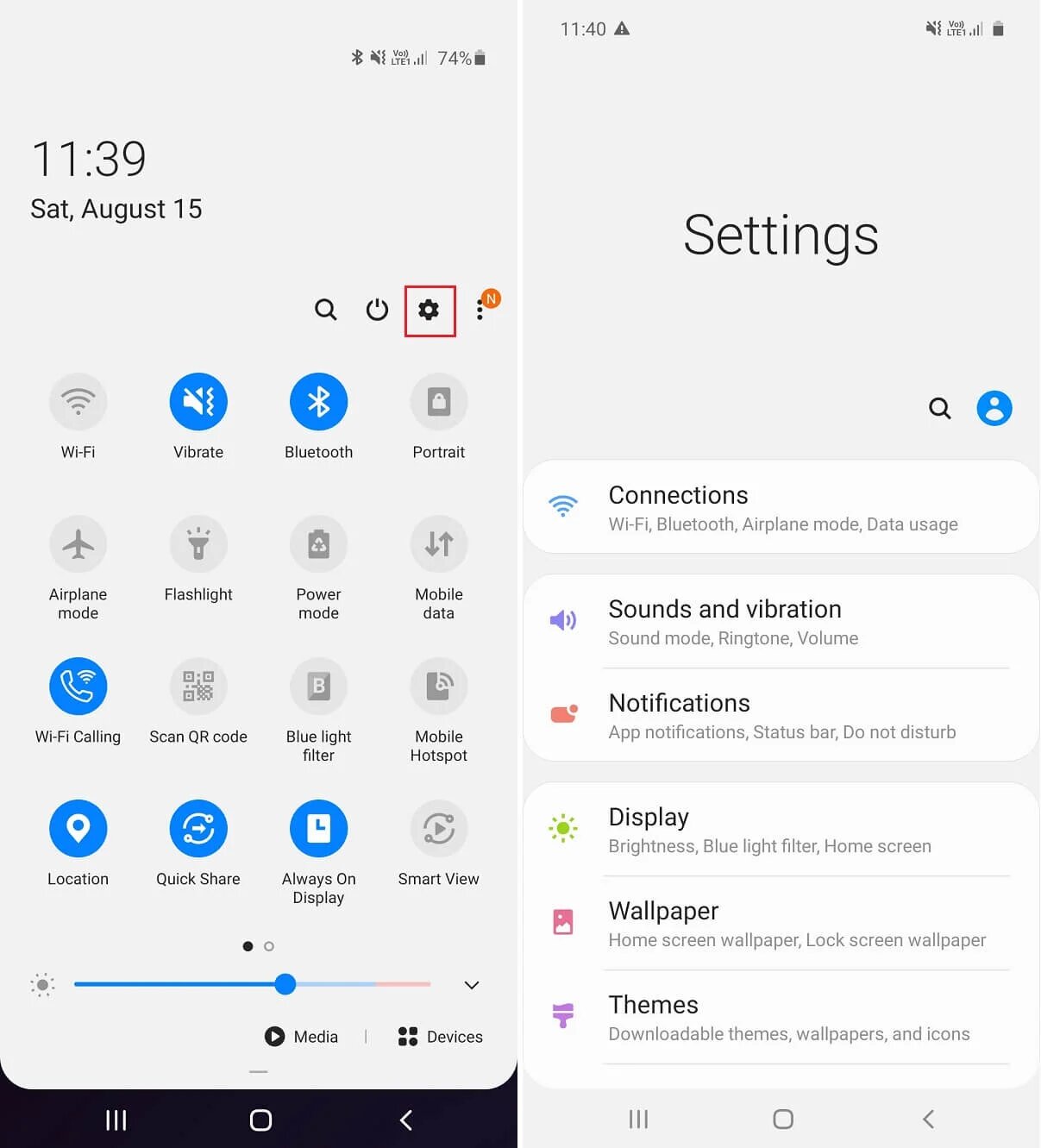What is a Proxy Server?
A proxy server is an intermediary between a client device and the internet. It acts as a gateway, handling requests and forwarding them on behalf of the client to the destination server. In simpler terms, it acts as a middleman, allowing users to access websites and online services indirectly.
When you use a proxy server, your internet traffic goes through the server before reaching its intended destination. This provides several benefits, including enhanced privacy, increased security, and improved performance. Proxy servers are commonly used by individuals, businesses, and organizations for various purposes.
One of the primary functions of a proxy server is to mask your IP address. Your IP address is a unique identifier that reveals your location and other important details. By using a proxy server, you can hide your IP address and replace it with the IP address of the server. This makes it difficult for websites or online services to track your real identity and location.
Another advantage of using a proxy server is that it can filter and block unwanted content. Proxy servers can be configured to block specific websites or restrict access to certain types of content, such as adult or malicious websites. This can be especially useful for organizations that want to enforce internet usage policies or protect their network from potential threats.
Proxy servers also enable caching, which can significantly improve performance. When you request a web page or download a file through a proxy server for the first time, it stores a copy of that content. If another user makes the same request, the proxy server can serve the cached copy, reducing the load on the destination server and reducing latency for subsequent requests.
In summary, a proxy server acts as a mediator between your device and the internet, providing various advantages such as enhanced privacy, security, content filtering, and performance optimization. Understanding how proxy servers work and their benefits can help you make better choices when it comes to internet usage and online security.
How Does a Proxy Server Work?
A proxy server operates by intercepting client requests and handling them on behalf of the client. When you make a request to access a website or online service, it is sent to the proxy server first. The proxy server then evaluates the request and forwards it to the destination server. The response from the destination server is also routed through the proxy server before reaching your device.
There are different types of proxy servers, including forward proxies and reverse proxies. A forward proxy is commonly used by individual users to access the internet anonymously and bypass restrictions. A reverse proxy, on the other hand, sits between the internet and web servers, acting as a load balancer and providing advanced features like caching and SSL termination.
When you configure your device to use a proxy server, it establishes a connection with the server using the server’s IP address and port number. All requests that your device makes are then forwarded to the proxy server, which acts as an intermediary. The proxy server, in turn, makes the actual request to the destination server and forwards the response back to your device.
Proxy servers can be set up to perform various functions that enhance privacy, security, and performance. For example, a proxy server can encrypt your internet traffic, effectively protecting your data from being intercepted by hackers or unauthorized users. Additionally, because the proxy server masks your IP address, it helps prevent websites and online services from tracking your location and online activities.
Another way a proxy server works is by caching content. When you request a web page or a file, the proxy server stores a copy of that content. If another user requests the same content, the proxy server can serve the cached copy, saving time and reducing the load on the destination server. This caching mechanism helps improve performance, especially for frequently accessed resources.
In summary, a proxy server acts as an intermediary between your device and the internet. It receives and forwards requests on your behalf, providing benefits such as enhanced privacy, security, and performance optimization. Understanding how proxy servers work helps you make informed decisions about using them and maximizing their advantages.
Benefits of Using a Proxy Server
Using a proxy server offers several benefits to individuals, businesses, and organizations. By utilizing a proxy server, you can experience enhanced privacy, improved security, content filtering, network performance optimization, and access to region-restricted content.
One of the primary advantages of using a proxy server is the ability to maintain privacy and anonymity while browsing the internet. When you connect through a proxy server, it masks your IP address and replaces it with the IP address of the server. This makes it difficult for websites, online services, and even potential attackers to track your real identity and location. By keeping your online activities private, proxy servers offer an added layer of security and peace of mind.
Proxy servers also provide enhanced security features. They can act as a barrier between your device and malicious websites or harmful content. Proxy servers can filter and block access to specific websites or categories of content, such as adult or malicious websites. This is particularly useful for organizations that want to enforce internet usage policies and protect their network from potential threats.
Network performance can be greatly improved by utilizing a proxy server. Proxy servers can cache frequently accessed web pages and files, which reduces the load on the destination server and speeds up subsequent requests. Caching can significantly enhance browsing speed and reduce bandwidth usage, especially in environments with multiple users accessing the same resources.
Another benefit of using a proxy server is the ability to access region-restricted content. By connecting through a proxy server located in a different country, you can bypass geolocation restrictions and access websites and online services that are otherwise unavailable in your location. This is especially useful for individuals traveling abroad or businesses with global operations that require access to specific online resources.
In summary, utilizing a proxy server provides numerous advantages, including enhanced privacy, improved security, content filtering, network performance optimization, and access to regionally restricted content. By understanding and leveraging these benefits, you can make the most of proxy servers and optimize your internet browsing experience.
Types of Proxy Servers
Proxy servers come in different types, each with its own unique features and use cases. Understanding the different types of proxy servers can help you choose the right one for your specific needs. Below are some common types of proxy servers:
- 1. HTTP Proxies: Also known as web proxies, HTTP proxies are designed to handle web traffic. They act as intermediaries between the client and the web server, forwarding HTTP requests and responses. HTTP proxies are commonly used to bypass content restrictions and improve web performance by caching frequently accessed content.
- 2. SOCKS Proxies: SOCKS is an Internet protocol that allows for the transmission of data between a client and a server via a proxy. SOCKS proxies are versatile and can handle multiple types of traffic, including TCP and UDP. They are commonly used for activities such as torrenting or accessing certain applications that rely on non-HTTP protocols.
- 3. Transparent Proxies: Transparent proxies do not modify or tamper with requests and responses. They are often used by ISPs to manage network traffic and cache content for faster delivery. Transparent proxies are usually implemented at the network level, meaning users are unaware that their traffic is going through a proxy server.
- 4. Reverse Proxies: Unlike forward proxies, which are used by clients to access the internet, reverse proxies are placed in front of web servers. They receive requests from clients and forward them to the appropriate server. Reverse proxies often provide load balancing, caching, and SSL termination for improved server performance and security.
- 5. Residential Proxies: Residential proxies use IP addresses assigned to residential areas, making them appear like regular residential users. They are ideal for situations that require authentic IP addresses and allow users to access region-restricted content or perform scraping tasks without being blocked by websites.
These are just a few examples of the different types of proxy servers available. Each type has its own advantages and use cases, so it’s important to choose the one that matches your specific needs and requirements.
How to Set Up and Use a Proxy Server
Setting up and using a proxy server is a straightforward process that can be done on various devices and operating systems. Here are the general steps to set up and use a proxy server:
- Choose a proxy server: There are several proxy server options available, both free and paid. Research and select a proxy server that suits your needs in terms of features, reliability, and security.
- Configure your device: Once you have chosen a proxy server, you need to configure your device to connect through it. The setup process varies depending on the device and operating system you’re using. In most cases, you can access the proxy settings in the network or internet settings menu.
- Enter proxy server details: In the proxy settings, you will need to enter the IP address and port number of the proxy server. These details are provided by your proxy server provider. Some proxy servers may also require additional authentication credentials.
- Test the connection: After entering the proxy server details, it’s essential to test the connection to ensure it’s working correctly. You can do this by accessing a website or using an online tool that shows your IP address and verifies that it matches the proxy server’s IP address.
- Start browsing: Once the proxy server is set up and working correctly, you can start browsing the internet. All your web traffic will now be routed through the proxy server, providing the benefits of enhanced privacy, security, and content filtering associated with proxy server usage.
- Use proxy server-specific features: Depending on the proxy server you’re using, there may be additional features and options available. These can include advanced filtering options, SSL encryption, or even the ability to rotate IP addresses. Explore the settings and documentation provided by your proxy server provider to take advantage of these features.
It’s important to note that not all applications or services may automatically use the proxy server settings configured on your device. Some applications have their own proxy settings, which need to be configured separately if you want to route their traffic through the proxy server. Additionally, always ensure that you are using a reputable proxy server provider to ensure reliability and security.
Common Proxy Server Use Cases
Proxy servers have a wide range of use cases that cater to different needs and requirements. Here are some common scenarios where proxy servers are frequently utilized:
- Bypassing content restrictions: Proxy servers are commonly used to bypass content restrictions imposed by governments, schools, or workplaces. By connecting through a proxy server, users can access websites and online services that may otherwise be blocked or filtered.
- Enhancing privacy and anonymity: Many individuals and organizations use proxy servers to enhance their online privacy and anonymity. By masking their IP address, proxy servers make it difficult for websites, online services, and even government agencies to track and monitor their online activities.
- Improving network performance: Proxy servers can improve network performance by caching frequently accessed web content. By storing copies of web pages and files, proxy servers reduce the load on the destination servers and provide faster response times for subsequent requests.
- Web scraping and data gathering: Proxy servers are often leveraged in web scraping and data gathering tasks. By rotating IP addresses and distributing requests, proxy servers enable users to gather data from multiple sources without being blocked or flagged by websites.
- Accessing region-restricted content: Proxy servers located in different regions can help bypass geo-restrictions imposed by certain websites or online services. By connecting through a proxy server in a specific location, users can access region-restricted content such as streaming platforms, news websites, or social media networks.
- Protecting sensitive data: Organizations use proxy servers to protect sensitive data and prevent unauthorized access. Proxy servers can act as a barrier between the internet and the internal network, filtering traffic and blocking malicious content or unauthorized connections.
- Load balancing and high availability: Reverse proxy servers are often used in high traffic scenarios to distribute incoming requests across multiple backend servers. This helps balance the load and ensure high availability of web services, preventing single points of failure.
These are just a few common use cases for proxy servers. Depending on specific needs and requirements, customized proxy server setups and configurations can cater to various niche applications and industries.
Risks and Security Considerations of Proxy Servers
While proxy servers offer numerous benefits, it’s important to be aware of the potential risks and security considerations associated with their usage. Understanding these risks can help you mitigate them and make informed decisions when utilizing a proxy server.
- Trustworthiness of the proxy server provider: When using a proxy server, you are essentially routing all your internet traffic through a third-party server. It’s crucial to choose a reputable and trustworthy proxy server provider to ensure the security and privacy of your data. Research and select a provider with a good track record and reliable infrastructure.
- Logging of user data: Some proxy servers may log user data, including IP addresses, websites visited, and other browsing activities. This could potentially compromise your privacy if the logs are accessed by unauthorized individuals or organizations. Before using a proxy server, review the provider’s privacy policy to understand their data retention and logging practices.
- Malicious proxy servers: Be cautious of using free or unknown proxy servers, as they may be set up with malicious intent. These servers can collect sensitive information, inject malware into your browsing sessions, or redirect traffic to malicious websites. Stick to reputable proxy server providers to minimize the risk of encountering a malicious server.
- SSL interception: Some proxy servers use SSL interception to inspect encrypted HTTPS traffic. While this can provide additional security measures, it also introduces potential vulnerabilities. Intercepting SSL traffic requires the proxy server to act as a middleman, decrypting and re-encrypting the data. If not implemented correctly, this can compromise the integrity of the encrypted connection.
- Authentication and access control: Proxy servers that require authentication should use strong password policies and robust access control measures. Weak passwords or improper access control can lead to unauthorized access to the proxy server, compromising the security of your data and network.
- Single point of failure: Relying heavily on a single proxy server can create a single point of failure. If the proxy server goes down or experiences technical issues, it can result in a loss of internet access or disruption of services. Consider implementing redundancy or load balancing mechanisms to mitigate this risk.
By understanding and addressing these risks and security considerations, you can optimize the usage of proxy servers while minimizing potential vulnerabilities. Regular monitoring, staying updated with security best practices, and choosing reputable proxy server providers are key steps in mitigating these risks.
Choosing the Right Proxy Server
Selecting the right proxy server is crucial to ensure the best performance, security, and overall user experience. Here are some key factors to consider when choosing a proxy server:
- Reliability and uptime: Look for a proxy server provider with a reputation for reliability and high uptime. Downtime can disrupt your internet access and affect your browsing experience. It’s essential to choose a provider that guarantees stable and consistent operation.
- Speed and performance: Consider the speed and performance of the proxy servers offered by the provider. Look for servers located in close proximity to your location, as this can minimize latency and improve overall performance.
- Security features: Evaluate the security features offered by the proxy server provider. Look for providers that use encryption protocols, offer SSL support, and implement strong authentication mechanisms. Additionally, consider if the provider has measures in place to protect against data breaches and unauthorized access.
- Ease of use and compatibility: Check if the proxy server can be easily configured on your devices and operating systems. Compatibility with different platforms ensures seamless integration and ease of use.
- Customer support: Assess the level of customer support provided by the proxy server provider. Responsive customer support can help resolve issues and address concerns promptly, ensuring a smooth experience.
- Pricing and plans: Consider your budget and the pricing structure of the proxy server provider. Compare the pricing plans and features offered to find the best fit for your needs. Be cautious of providers offering overly cheap or free services, as they may compromise on reliability and security.
- Reputation and reviews: Research the reputation of the proxy server provider and read reviews from other users. This will help you gauge the overall satisfaction level of their customers and identify any potential red flags.
By carefully evaluating these factors, you can choose a proxy server that aligns with your specific requirements and provides a seamless browsing experience with enhanced privacy and security.

























